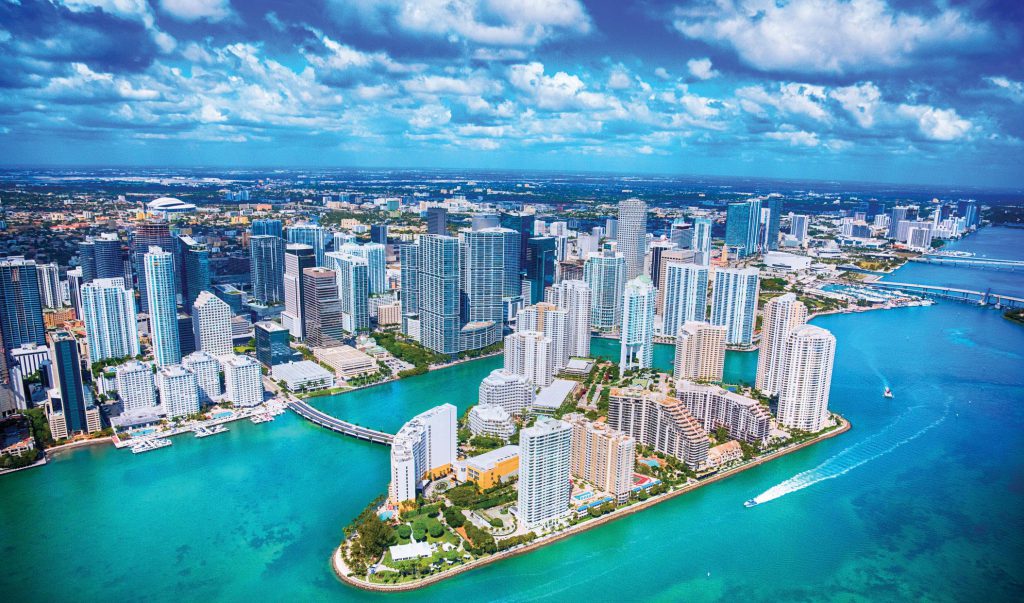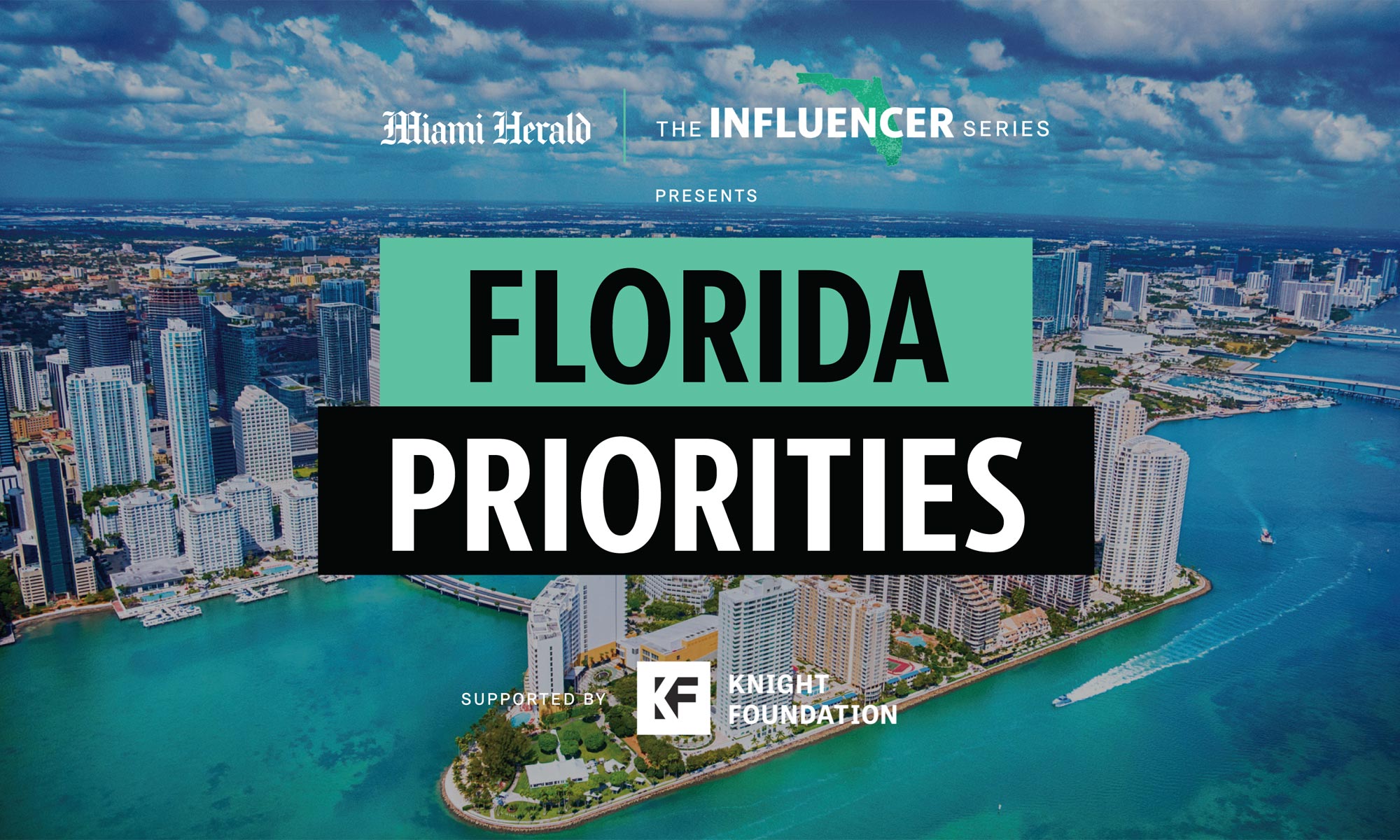
By Hope Dean
The Alligator / University of Florida
Florida’s fields, filled with sugarcane and cattle, make the state about $8 billion yearly. The white sand beaches and amusement parks of tourism rack in a whopping $86 billion.
But some state leaders believe the technology sector, not Florida’s old lifeblood of oranges and Disney, is the key to future economic development.
On Tuesday, Nov. 19, over 50 Florida lawmakers, businesspeople and other officials met for the second annual Florida Priorities Summit to discuss statewide issues. They spoke about everything from healthcare to medical marijuana as more than 100 people watched at the University of Miami’s Donna E. Shalala Student Center.
According to environment panel member and eMerge Americas President Melissa Medina, tech-related startups racked in $1.4 billion in startup funding during the first half of 2019 in Miami alone. That’s more than the entirety of 2018, she added.
Statewide, the statistics are even higher. Florida ranks fourth in tech industry employment and the sector contributes about $39.3 billion to the state’s economy, according to nonprofit trade association CompTIA.
“Startups provide an incredible amount of economic impact. They provide a lot of jobs in different sectors, and I think that all of our government officials need to be paying more attention to that,” Medina said.
She suggests that the state create an Office of Entrepreneurship that reports to the governor. This office would provide incentives for small startups to root in Florida and organize statewide tech business efforts, she said.
Richard Florida, visiting fellow at Florida International University’s Miami Urban Future Initiative, agrees that’s a good idea. The tech sector’s hotspots in major cities could be targeted by government-supported innovation.
“You have a decentralized state portfolio [and] a Miami base, a Tampa base, an Orlando base, a Space Coast base, on and on, where the state is providing support,” he said. “But the local folks are building those clusters. I think that kind of approach would make great sense for our state.”
But tech change isn’t just centered around software and artificial intelligence.
Urban tech is the newest and fastest-growing sector, and it’s focused on connecting people via apps or the internet to solicit simple services. It makes up 20 percent of venture capital these days, and Uber and Airbnb are its current rulers, Florida said.
One of urban tech’s current leaders is Florida resident and Tampa Bay Lightning owner Jeff Vinik, Florida added. He merged into Dreamit Ventures, a startup funding company specializing in urban tech, with Bill Gates’ Cascade Investment in 2017.
Dreamit has invested in companies that are collectively worth $2 billion and is giving back to Tampa with a $3 billion, nine-year project that they call Water Street Tampa, it announced. The project will add new office spaces and housing to a nine-million-square-foot area in the city.
More tech opportunities could be found in other unexpected places. When recently visiting the Massachusetts Institute of Technology, Florida said that Disney, not Google or Apple, is widely considered the most innovative company in the world by researchers.
“It’s not just about software. Try building those new ride technologies. Try dealing with the civil engineering and city building technology. We have real technology leaders in our state, sometimes that we don’t think of in that way,” Florida said.
